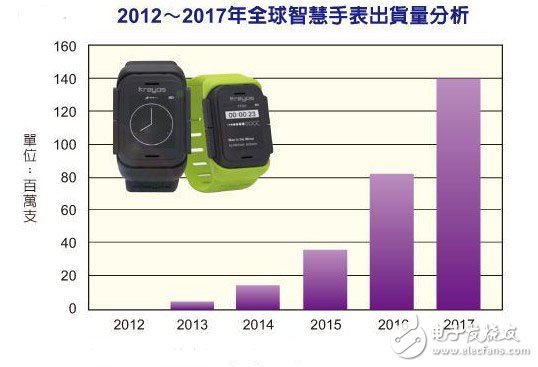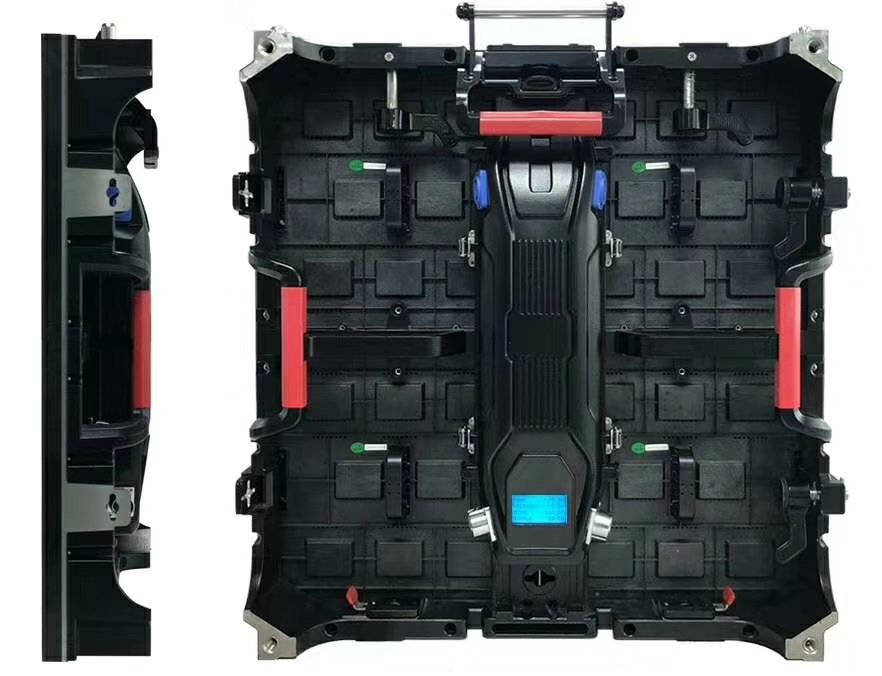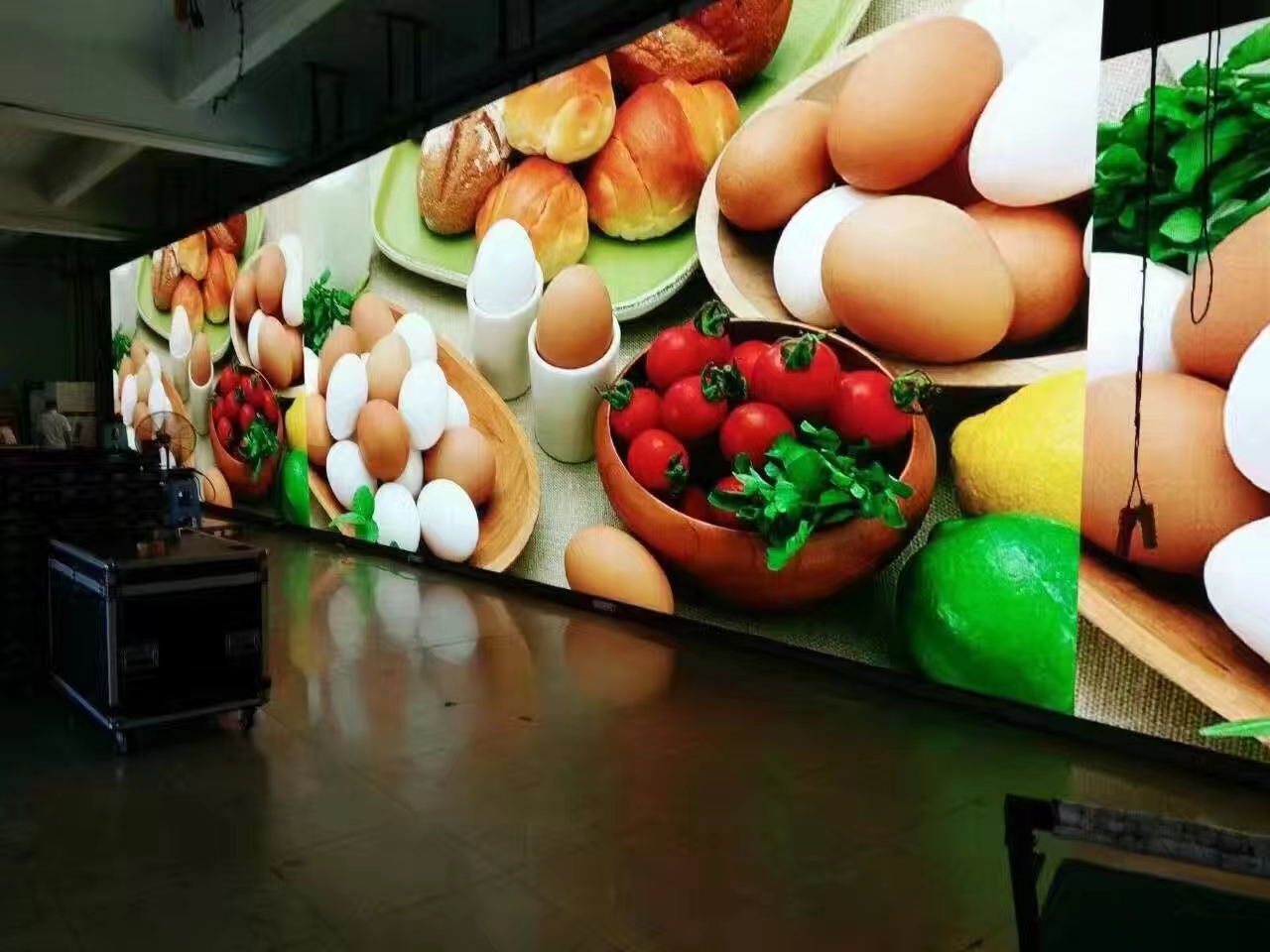2013 is the first year of wearable products. Among the various known product forms, smart watches are the first products that are likely to be commercialized. With the release of wearable products such as Pebble, SONY SmartWatch, Samsung Gear, and the warm-up of Apple's iwatch, major international manufacturers have also released conceptual or test water products. With the introduction of more and more manufacturers in the second half of the year, shipments of smart watches are expected to increase sharply in 2014. Market research firm NextMarket Insights estimates that global smartwatch shipments will be only 5 million units in 2013, and will double to 15 million in 2014, and will increase to 80 million in 2016. , a fifteen-fold increase from 2013.

Despite the hot concept of wearables, there are still many problems with wearable products that are truly commercially available. In addition to Samsung, Sony and other international manufacturers, many domestic companies began testing water smart watches early this year, but at present they are basically in the exploration stage, sales are not optimistic. From the perspective of product definition, many manufacturers are still entangled in making mobile phone substitutes or accessories; from a technical point of view, miniaturization, low power consumption and waterproof are urgent problems that need to be solved for wearable products; At present, domestic manufacturers only have Android system to choose from, but the power consumption of Android system is too large, it is difficult to reduce the overall power consumption; from the application scenario, in addition to a few needs such as loss prevention, positioning, smart watches currently lack rigidity requirements; In the words of 360 CEO Zhou Hongyi: "I can't think of any rigid demand for smart watches. What I want to do is to solve some of the problems of some people, and the price is not expensive. This is my original intention. ""
In addition to the lack of application scenarios, another major problem that plagues manufacturers is the immaturity of the supply chain. Due to the inability to measure, the current support for wearables is limited, and many devices can only be customized, which on the other hand The cost of smart watches is high. At present, there are not many alternative processors for smart watches. Many manufacturers have to use mobile phone chips. Among them, Samsung's Gear uses the dual-core A9 mobile phone platform, and the final result is not satisfactory. Some insiders said that some manufacturers use MTK's mobile phone platform such as the 6572 to make smart watches. "The sellers know that they are speculation, so it is not a good thing to do smart watches now."
In China, Beijing Jun is the first IC design company to cultivate in the field of smart watches. It is also the only company in China with mature products. Among them, the smart watch released by Shanda's Shell Electronics has been equipped with Beijing Junzheng's processor products. Other smart watches, including smart devices, Tuman and Leyuan, use the Junzheng platform. Since wearable products do not require higher performance, low power levels determine the success or failure of the product; in addition, processors using the Mips architecture have certain cost advantages. Jun Qiong, manager of Junzheng Marketing Department, said that Junzheng is already planning a wearable IC and expects to ship Q2 next year. At the same time, in order to better serve this part of the customer, the strength of development support, such as the full open source of the source code.
In addition to Jun Zheng, domestic tablet manufacturers including Quan Zhi and Rockchip have shown strong interest in the wearable market. The product roadmap announced by Quanzhi clearly indicates that an embedded processor WX for wearable devices will be released in 2014. The whole processor uses "minimum, very low power consumption" to describe this processor. Will be released in Q4 2014. Although Rockchip did not announce the product model, it also revealed the information on the launch of the wearable product in 2014 in the previous Hong Kong Electronics Show flyer.
James Wiart, director of marketing and applications for microcontrollers in Greater China and South Asia, said that because of the smart watches, smart glasses or portable medical devices, most of them are equipped with liquid crystal display panels to present more complex or sophisticated The image of the image, if the manufacturer adopts AP or DSP, not only the component cost is high, but also the power consumption is easy to rise linearly. Therefore, it is urgent to have a solution with high computational efficiency, low cost and low power consumption. According to Wiart, many wearable device manufacturers have begun to introduce Cortex-M4 MCUs, including ST's new Cortex-M4 MCU-STM32F4x9 series. Zhou Yi, product manager of Texas Lierda Technology Co., Ltd., a solution company of Texas Instruments, said that they are also using TI's MCU to develop smart watch products.
In addition to the main control chip, the display screen is also an important issue that plagues the manufacturer. Shenzhen Yishunjia Technology Co., Ltd., which specializes in OLED, TFT and E-ink agents, said that the small size screens available for smart watches currently available on the market are mostly 1.55 inches and 240*240 resolutions. Ipod nano screen. If you want to customize a screen, the minimum order volume will be 400K, and the hard cost will be 5 million yuan. He said that some customers use electronic paper instead of TFT to do low power consumption, but electronic paper costs 20 dollars, the cost is too high, and the display effect is not as good as TFT.
He also introduced that Qualcomm has recently launched a smart watch Toq. It is equipped with a Mirasol display similar to the e-ink electronic ink screen. Compared to TFT, it does not require backlighting. Compared with the traditional e-ink electronic ink screen, it has high contrast and power saving features. Show a certain color. Sharp introduced a 1.5-inch black and white Memory LCD that also does not require a backlight, and the price is about $8.
Chen Wei believes that from the current situation, the smart watch market is not suitable for SMEs, because the current user demand and order volume cannot support the development of the entire ecosystem. For some manufacturers who do not consider the upfront cost, have the financial strength and special channels, they should stay on the sidelines when the product form is still immature, and wait for the international manufacturers such as Apple to carry out the preliminary market cultivation and product definition.
Rental Screen also known as Mobile LED Display, divided into outdoor mobile screen and indoor mobile screen. Inside and outside rental screen are thin, strong weather resistance die-cast aluminum cabinet, and the use of the latest anti-collision disc technology, enhance the transport and installation of the anti-collision strength of the screen, extend the service life. The protection level of outdoor rental screen is higher than that of indoor rental screen, and the IP level is higher than IP65.

The screen adopts seamless assembly technology, screw, magnetic absorption coexistence, simple installation and maintenance, to ensure the flatness of the screen body. Hoisting, landing, wall hanging, lying flat (floor tile), straight spell, arc spell and other installation methods, to meet the needs of customers on different site locations.
Mobile screen PH2.97/PH3.91/PH4.81 as a mobile rental use, very popular with customers. MobileLED Display is widely used in Mobile Performance.Equipment Leasing.Information Release.Event.Choreography etc.

LED Wall Rental Screen,Mobile Video LED Display,Advertising Screen
Shenzhen Vision Display Technology Co,.LTD , https://www.ledvdi.com